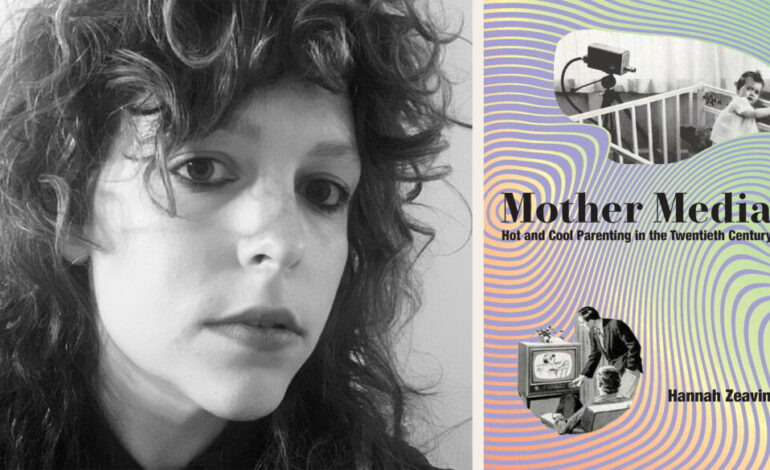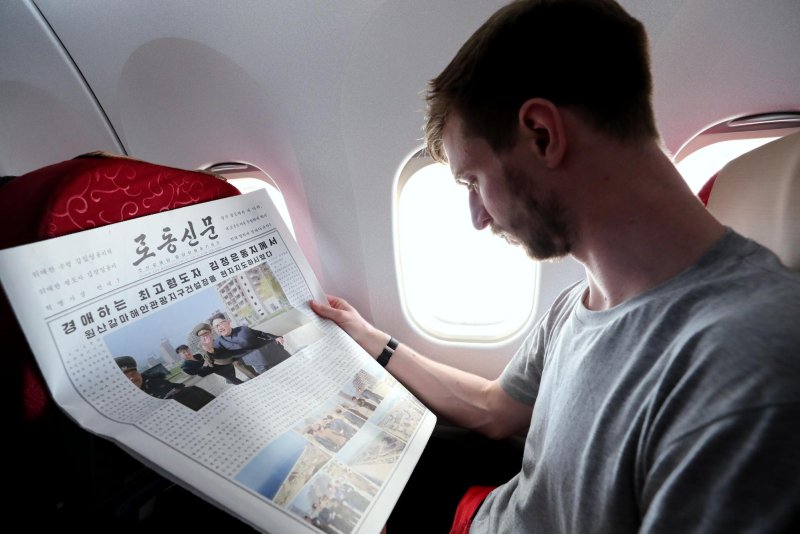Professor Explores Media’s Impact on Motherhood in New Book

At a recent event hosted by the Townsend Center for the Humanities, UC Berkeley Professor Hannah Zeavin presented her latest book, Mother Media: Hot and Cool Parenting in the Twentieth Century. The discussion centered on the intricate relationship between evolving media technologies and the changing ideals of motherhood in the United States throughout the 20th century. Zeavin argues that media has not only reflected but also shaped societal expectations around family life and caregiving.
During the early 20th century, influential professionals in psychology and pediatrics began advocating for a new model of motherhood. This model suggested that mothers should embody a constant, nurturing presence in their children’s lives—an approach that aimed to produce healthy, successful offspring. This shift marked a departure from earlier caregiving traditions, which often involved extended family and community support.
In her book, Zeavin examines how this ideal was bolstered by advancements in psychological research and the rise of the nuclear family, particularly among white, middle-class mothers. She highlights the unrealistic nature of these expectations, which were deeply intertwined with issues of race and class. Speaking at the event, she noted, “As more mothers entered the workforce, media researchers began to explore whether technology could supplement maternal care.” This led to the introduction of devices such as baby monitors and later, screens like televisions and tablets, as potential substitutes for maternal presence.
Zeavin’s research delves into the historical context of these developments, illustrating how they continue to influence contemporary notions of motherhood. She emphasizes the ongoing societal pressure on mothers to conform to the ideal of the “perfect mother,” often scrutinized for any deviations from this norm.
The event also featured a conversation between Zeavin and fellow professor Ramsey McGlazer, who highlighted the dualities of motherhood as represented in media. They discussed the concept of “hot” and “cool” mothers, terms that reflect different societal expectations over time. The “hot mother” is often portrayed as overly involved, while the “cool mother” is seen as more detached, a reflection of complex cultural narratives.
As they navigated these themes, Zeavin remarked on the historical roots of media’s influence on parenting practices, noting that even early technologies were designed to alleviate some of the pressures on mothers. She argued that media and motherhood have become indistinguishable in American culture, leading to societal constructs that can be both empowering and punitive.
The conversation also touched on the implications of these ideals for contemporary parenting. Zeavin posited that the increasing reliance on technology further complicates the mother-child relationship, creating new forms of attachment and detachment. “Mothers are judged on the ratio of their signal of care to the noise of themselves,” she explained, highlighting the often conflicting demands placed on modern mothers.
As the discussion concluded, Zeavin expressed her hope that her work would prompt readers to reconsider the historical and ongoing dynamics of motherhood and media in shaping family life. Her insights serve as a crucial reminder of the complexities that define parenting in today’s increasingly mediated world.
The event, part of Berkeley Talks, showcased not only Zeavin’s extensive research but also the critical discussions surrounding motherhood in the context of modern media. As societal norms continue to evolve, her work will likely resonate with many seeking to understand the intricate interplay between caregiving, technology, and cultural expectations.






